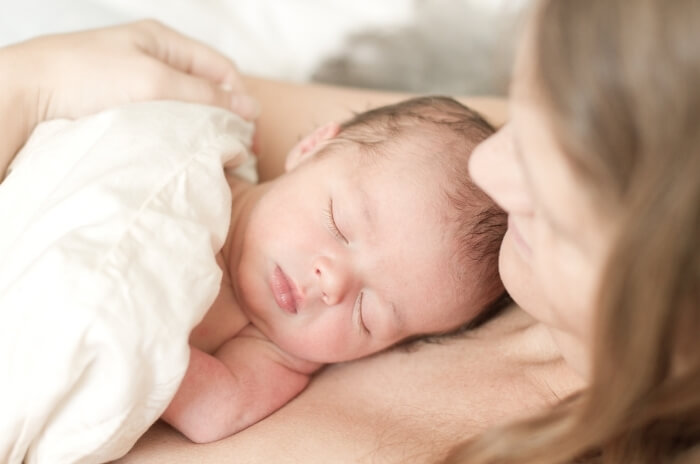
There's no denying it: becoming a mother changes you. Science has confirmed it, according to a past article by Scientific American. Your life and priorities get a complete overhaul, ready to make room for your baby. Similarly, your body undergoes incredible changes during pregnancy, alongside your mental or emotional health and your finances. However, the changes do not end with your pregnancy. Whether it is getting used to your new body after giving birth or coping with postpartum hair loss, the new changes that come with becoming a mother can be tough to adapt to if you don’t know what to do or where to go.
Body After Baby: Let Go Of Your Old Body, And Be Kind To Your Postpartum Body
A shocking 54 percent of women who have given birth have a negative opinion about their body. Elsewhere, thousands of women grapple with the increasing pressure to bounce back immediately after having a baby. However, it is important to give credit to your body. Remember that it has gone through - and is still going through - some monumental changes to be able to bring your child into the world.
According to a study by Baby Center, 67 percent of mothers expected to be back to their pre-pregnancy weight by their child’s first birthday. While some mothers do manage to get back in shape quickly after giving birth, you should not feel pressured to do so at the expense of your wellbeing. Getting back your body after pregnancy is a process that can sometimes take years. Even then, you may lose the pounds, but pregnancy changes your body in many other ways, including loose skin, stretch marks, lower back pain, and vaginal discharge. You must be able to distinguish normal changes from abnormal signs. For instance, if you keep experiencing recurring vaginal discharge and infection, it may be time to speak to your doctor or purchase an over-the-counter BV treatment.
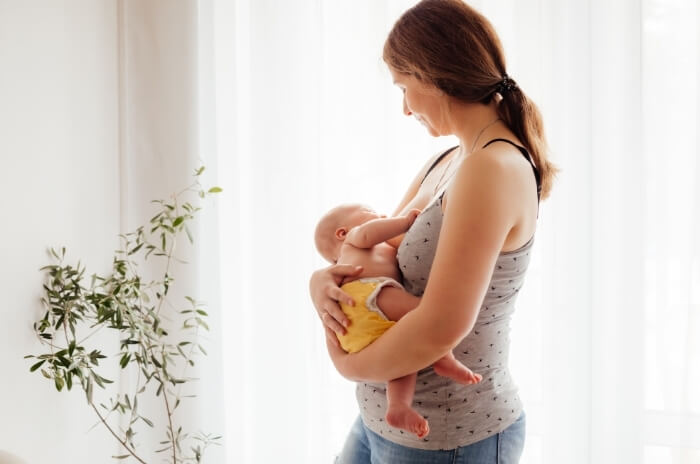
Relationships After Baby: Accept Help, And Carve Out Time To Reconnect
Many couples will experience a dynamic shift in their relationship right after their baby is born. According to the parenting website, Raising Children, couples tend to experience more conflict after the baby’s arrival, and an increased sense of disconnect. This is mainly due to the lack of sleep, pressure on finances, and rising stress levels. In fact, in a past study by Alhagen in 2001, cortisol and epinephrine levels rose by 50 percent after giving birth. Mothers (and fathers) can sometimes struggle to adapt to their new life with a newborn, and it is completely understandable.
In this case, communication with your partner is key. Sharing the workload with the help of a feeding or household chores rota can help. It is also important to carve out time for each other to reconnect. If you are a new mum and are not ready to leave your baby, you could try a date night at home. Alternatively, you can ask family members to babysit so you and your partner can have a few hours to yourself - whether it is to grab a meal together or just catch up on some sleep.
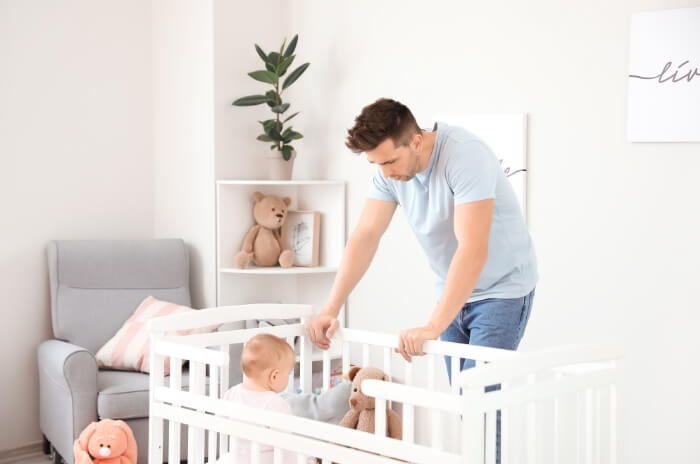
The Mental Switch In Motherhood: Make Me Time A Priority
Having a baby also brings changes in your mental and emotional wellbeing. It is seen as a time of constant and huge change in your life, and some women can struggle to adjust to it. Your stress levels may be heightened, and you may suddenly experience anxiety and sensitivity. Usually, your heightened hormones immediately after giving birth are responsible for this, along with other factors like lack of sleep and physical exhaustion. In these cases, making an effort to take extra care of yourself by eating healthily, getting enough sleep, and seeking support from your family is a great way to ease the transition process.
However, if those feelings of sadness, sensitivity and irritability persist for months after the birth, it may be time to speak to a professional. Many women experience birth trauma that can influence their postpartum healing. Around 80 percent of women will experience the baby blues after giving birth. In addition, 13 percent of women go on to experience postpartum depression. If you suspect you are exhibiting any of the signs of postpartum depression, it helps to speak to a trusted family member or friend. Many organisations also help mothers access support, such as PANDA (Perinatal Anxiety and Depression Australia) or your maternal and child health nurse.
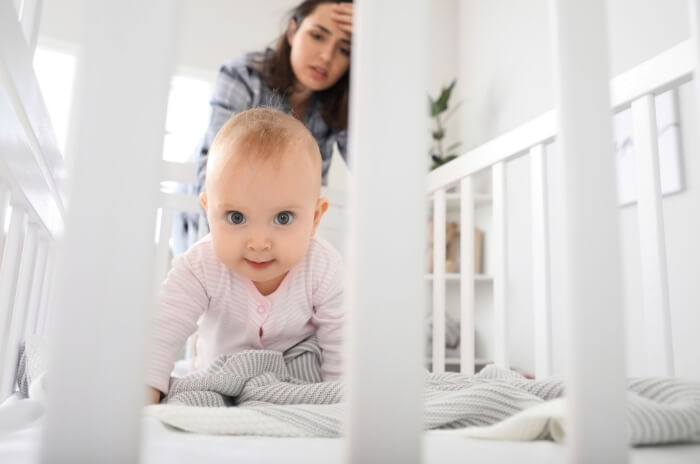
Focus on adopting healthy self-care habits like getting regular exercise and eating a balanced diet. Getting outdoors for fresh air can naturally lift your mood, help you connect with others, and as a bonus, help you achieve your post-baby exercise goals.
Having a baby is a monumental and wonderful experience. There is nothing that can prepare you for the rollercoaster of emotions and changes that come with motherhood. But it is completely possible to adapt to those post-baby changes and thrive while doing it. Here are some treats and resources for the new mum below.
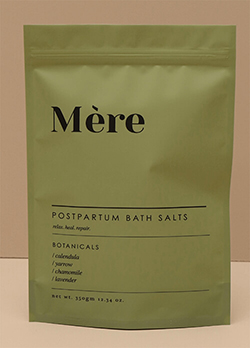 |
Mere Botanicals postpartum bath salts
Embrace the calming properties of lavender, with the comforting and healing benefits of calendula, chamomile and yarrow, with the added mineral powers of the Magnesium salts
|
|
Mere Botanicals healing peri spray
Designed by a Naturopath to help gently ease and sooth personal discomfort after the birth
|
 |
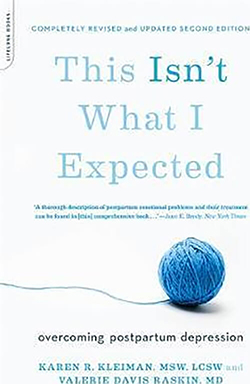 |
This Isn't What I Expected - Overcoming postpartum depression
If you or someone you love is among the one in seven women stricken by PPD, you know how hard it is to get real help. In this definitive guide, postpartum experts Karen Kleiman and Valerie Davis Raskin offer compassionate support and solid advice on dealing with every aspect of PPD.
|
ABOUT OUR CONTRIBUTOR:
Sara is now a freelance writer who pens pieces on parenting, and lifestyle but prior to this she worked as an holistic therapist and took a keen interest in diet and fitness. She lives with her partner and their daughter and a menagerie of pets
